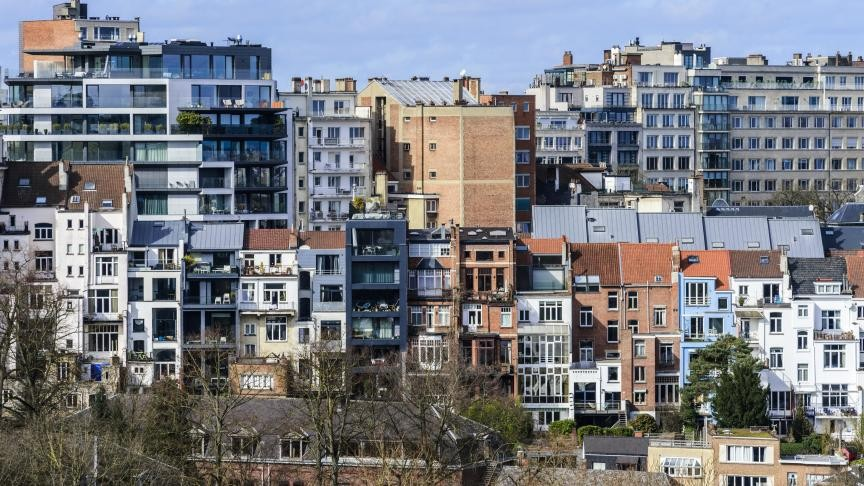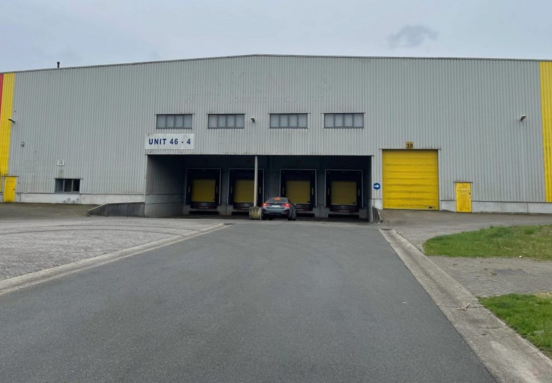Understanding the précompte immobilier: Belgium's property tax
The 'précompte immobilier', or property tax, is a significant regional tax in Wallonia and Brussels that all property owners must pay annually. This tax is calculated based on the cadastral income of a property, which is its estimated net rental value.
While primarily levied on owners, understanding this tax is crucial for businesses looking to rent office, warehouse, or industrial space in Belgium, as it forms part of the landlord's operational costs and can indirectly influence rental prices.
What properties are subject to this tax?
The scope of the précompte immobilier extends beyond just residential homes, encompassing various property types relevant to businesses:
Built properties: This includes not only houses and garages but also commercial spaces, offices, and notably, factories.
Unbuilt properties: Land, forests, and meadows are also subject to this tax, which can be relevant for businesses leasing large plots for storage or development.
Equipment and tooling: Importantly for industrial and commercial operations, the tax also applies to certain appliances, machines, and industrial or commercial installations.
Who is concerned: owners, not directly tenants
For businesses seeking rental properties, a key point to note is that the précompte immobilier is levied on the owner(s), possessor, emphyteuta, superficies holder, or usufructuary of the taxable properties. Tenants and bare owners are not directly concerned by this tax.
However, there's an important nuance: while tenants don't pay the tax directly, it's a cost for the landlord. Furthermore, a tenant can, under specific circumstances, apply for a reduction. If granted, this reduction benefits the landlord and can then be deducted from the rent, potentially offering some relief or negotiation leverage for the tenant.
Payment details and timing
The property tax is an annual obligation. SPW Finances (for Wallonia) and Bruxelles Fiscalité (for Brussels) issue notices for the amount due during the second half of the year, typically between July and August. Timely payment is crucial, as a late payment interest of 4% per year is calculated from the 1st of the month following the due date.
Potential reductions and exemptions for landlords
Various reductions and exemptions can apply, primarily benefiting the property owner. While these are not directly for tenants, they are factors that could influence a landlord's overall costs and, by extension, rental terms:
Reductions: In Wallonia, these include categories like “modest dwelling,” specific personal circumstances (e.g., “seriously disabled war veteran” or “disabled person”), and a reduced rate for properties managed by a social real estate agency (AIS). In Brussels, owners domiciled in their property on January 1st can qualify for the BE HOME bonus (e.g., 160 euros in 2025), and some Brussels municipalities offer communal housing bonuses.
Proportional remission: Exceptions for a proportional remission can be granted in cases of unoccupied and unproductive property, destruction of a built property, or destruction/inactivity of equipment and tooling. This is particularly relevant for industrial properties that might experience downtime or damage.
Exemptions: Certain properties are entirely exempt, such as buildings used for non-profit purposes (e.g., places of worship, educational institutions, hospitals), buildings used by foreign states for diplomatic missions (under reciprocity), national domain properties, and certain natural reserves.
Understanding the précompte immobilier provides businesses with a more complete picture of the operational costs associated with commercial properties in Belgium, whether they are renting or considering future property acquisition. While the direct burden lies with the owner, its indirect impact and potential for reductions make it a relevant consideration for all stakeholders in the Belgian commercial real estate market.
Source: lesoir.be







